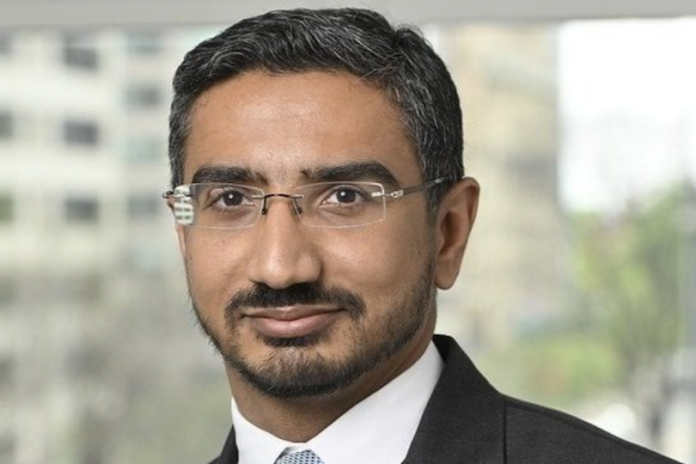Dhruva Jaishankar is the Executive Director of Observer Research Foundation (ORF) America, which he co-established in 2020. Previously, from 2016 to 2019, Jaishankar was a Fellow in Foreign Policy Studies at Brookings India in New Delhi and the Brookings Institution in Washington DC. He also served as a Transatlantic Fellow with the German Marshall Fund (GMF) in Washington DC from 2012 to 2016, managing the India Trilateral Forum. His work experience includes being a program officer at the Asia Program at GMF and a research assistant at the Brookings Institution in Washington. Additionally, he worked as a news writer and reporter for CNN-IBN television in New Delhi.
Jaishankar’s research, focusing on India’s relations with various countries and regions, defense and security policy, and globalization, democracy, and technology, has been published in notable journals and publications. He holds a B.A. in History and Classics from Macalester College and an M.A. in Security Studies from Georgetown University. His book, Vishwa Shastra: India and the World, was published by Penguin Random House India in December 2024.
Where do you see the most exciting research/debates happening in your field?
I study the international relations of India and its place in world affairs, which is the subject of my forthcoming book, Vishwa Shastra: India and the World. There is a fair amount of interesting extant literature on the subject but still vast gaps that need to be filled. Historical works are particularly useful, but certain key subjects such as India-Russia relations and the India-Pakistan war of 1965 have not received adequate attention in terms of in-depth study based on primary sources.
Various aspects of India’s international economy and trade, particularly its relations with Southeast Asia, remain underexplored. Topics like migration and technology present potential avenues for engaging research. On the other hand, areas like the Cold War and India’s nuclear program have been extensively studied, making new research in these areas seem less promising.
How has the way you understand the world changed over time, and what (or who) prompted the most significant shifts in your thinking?




